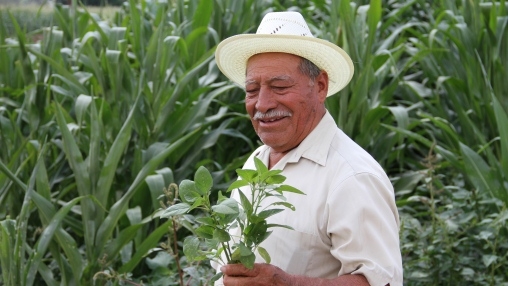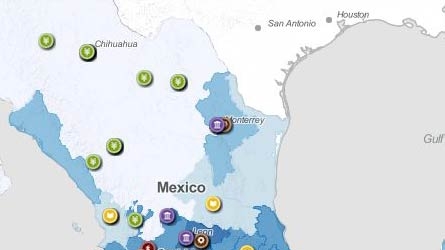Challenge
Mexico is the 12th largest greenhouse gas emitter in the world, and the second largest in Latin America. The country is already experiencing longer and hotter periods, more droughts, more intense rains and hurricanes, and frequent floods and mudslides. If climate change is not addressed, the Mexican economy is expected to decline by between 3.5 and 4 percent and suffer significant costs of up to 6.2 percent of GDP.
Mexico has a sound record of addressing climate change challenges and is considered a global leader in the area. The country’s comprehensive strategy for climate resilient and low carbon economic growth is one of the most ambitious in the world. Driven in part by the country’s vulnerability to climate impacts, the Mexican Government has demonstrated its commitment, long-term vision, and political will to addressing climate change through its policies and its active role in global negotiations.
Environmental change will continue to have negative effects on poorer and, in particular, on indigenous groups, who depend on sources of income threatened by the effects of climate change.
Solution
The Mexican Government and the World Bank have a consistent and long-standing partnership in climate change mitigation and adaptation. Traditional finance is only one piece of this relationship. Beyond traditional single projects, the Bank uses the full range of instruments, generating tailored and timely development solutions.
The instruments include:
- Financial Services: investment lending, development policy loans, grants, credit enhancement, hedging swaps, and catastrophe risk management.
- Knowledge Services: advice on development options, capacity building, research, and technical assistance, and acting as an incubator for innovation.
- Convening and Coordination Services: knowledge sharing, South-South exchange, event organization, high-level coordination, and facilitating the issue of multi-catastrophic bonds using the Bank’s positioning in capital markets.



